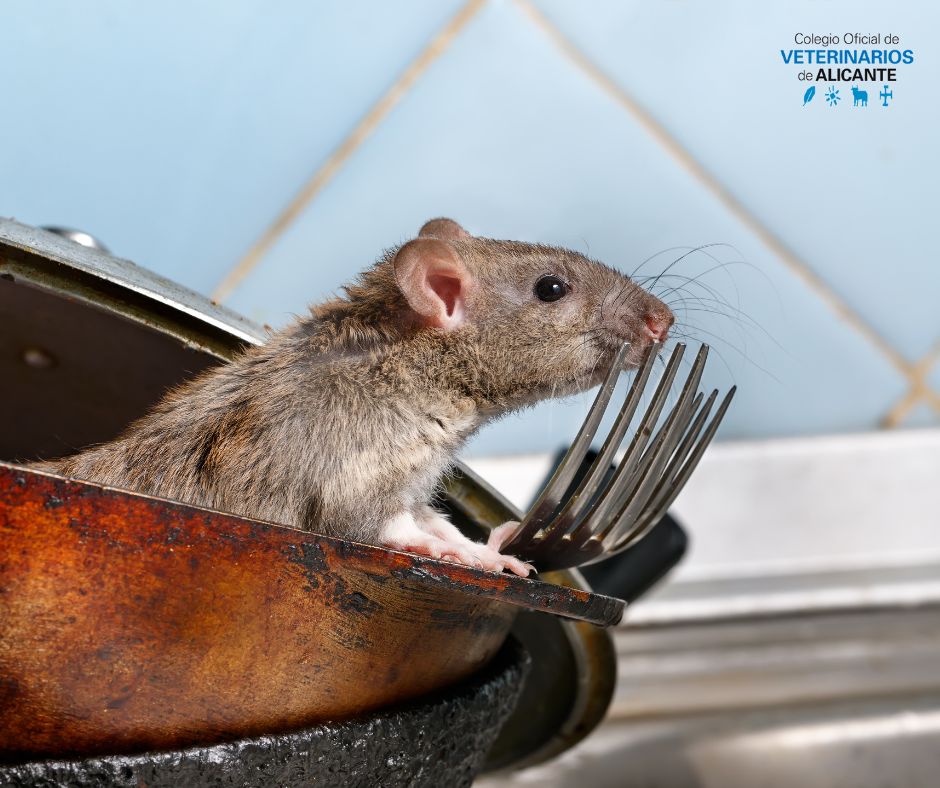Leptospirosis
What is leptospirosis?
Leptospirosis is a zoonotic disease, which means that it is transmitted from animals to humans. It is caused by bacteria of the genus Leptospira, a group of spirochete bacteria that can survive in moist environments, especially in contaminated water and soil. Leptospirosis is a global disease, but is most common in tropical and subtropical areas where conditions are favourable for the bacteria to survive.
Transmission
Leptospirosis is transmitted to humans through direct or indirect contact with the urine of infected animals. Animals that commonly act as reservoirs include rats, dogs, cattle, pigs and wild animals. These animals can carry the bacteria without showing symptoms and excrete it in their urine, contaminating water, soil and food.
The main routes of transmission are:
- Contact with contaminated water or soil: People can become infected by coming into contact with standing water, rivers, puddles or soil contaminated with the urine of infected animals. This is common in rural areas or during recreational activities such as swimming or wading in natural waters.
- Ingestion of contaminated food or water: Ingestion of food or water that has been contaminated with Leptospira can also lead to infection.
- Contact with infected animals: Although less common, infection can occur through direct contact with infected animals, especially if there are wounds on the skin or if the mucous membranes of the mouth, nose or eyes are touched after contact with the animals.
- Through wounds or cuts: Bacteria can enter the body through cuts, scratches or abrasions on the skin, or through the mucous membranes of the eyes, nose or mouth.
Symptoms
Leptospirosis has a wide spectrum of clinical manifestations, ranging from mild symptoms to severe disease that can be fatal. Symptoms usually appear between 2 and 30 days after exposure and are divided into two phases:
- Initial (leptospiremic) phase:
- High fever.
- Severe headache.
- Muscle aches, especially in the calves and back.
- chills
- Nausea, vomiting and diarrhoea.
- conjunctivitis (redness of the eyes without purulent discharge).
This phase may last about a week and, in some cases, symptoms may resolve spontaneously.
- Immune phase (icteric phase or Weil's syndrome):
- Jaundice (yellowing of the skin and eyes), due to liver involvement.
- Renal failure.
- Haemorrhages, which may manifest as petechiae (small red spots on the skin), nosebleeds or pulmonary haemorrhages.
- Aseptic meningitis (inflammation of the membranes covering the brain and spinal cord).
- This phase occurs in the most severe cases and can be life-threatening if not treated properly.
Diagnosis
Diagnosis of leptospirosis can be complicated by the similarity of its symptoms to other diseases such as dengue, malaria or influenza. Diagnosis is based on clinical history, physical examination and laboratory tests, which include:
- Serological tests: These tests detect the presence of Leptospira antibodies in the patient's blood. The most common test is the microscopic agglutination test (MAT), although rapid diagnostic tests are also used.
- Bacterial culture: The bacteria can be cultured from blood, urine or cerebrospinal fluid samples, although this is difficult and time-consuming.
- PCR (Polymerase Chain Reaction): PCR can detect Leptospira DNA in blood, urine or other tissues, providing a faster and more accurate diagnosis.
Treatment
Treatment of leptospirosis includes the use of antibiotics and supportive care for complications. It is most effective when given in the early stages of the disease. Commonly used antibiotics include:
- Penicillin: Standard treatment for severe cases.
- Doxycycline: Used for mild cases and also as a preventive measure for people at high risk of exposure.
- Amoxicillin and ceftriaxone: Alternatives in the treatment of infection.
In severe cases, hospitalisation may be required to administer intravenous antibiotics and treat complications such as renal or respiratory failure.
Prevention
Prevention of leptospirosis is based on measures to reduce exposure to the parasite, such as:
- Rodent control: Keeping the environment free of rats and other rodents is crucial, as they are the main reservoirs of Leptospira.
- Avoid contact with potentially contaminated water: Avoid swimming or wading in stagnant water or rivers in areas where leptospirosis is endemic.
- Use of personal protection: Wear protective clothing, waterproof footwear and gloves in situations where you may be exposed to contaminated water, such as during agricultural or recreational activities.
- Animal vaccination: In high-risk areas, vaccinating domestic animals, such as dogs and livestock, can reduce transmission.
- Personal hygiene and food safety: Wash food thoroughly and maintain good hygiene practices to avoid contamination of food and water.
Importance of leptospirosis
Leptospirosis is a disease of global importance, particularly in tropical areas and in occupational groups exposed to wet environments. In addition, outbreaks can occur after natural disasters, such as floods, which increase the risk of exposure to contaminated water.
In summary, leptospirosis is a bacterial disease that is transmitted through contact with the urine of infected animals, and can cause anything from mild symptoms to severe systemic complications. Prevention is key and focuses on avoiding exposure to sources of contamination and vaccination of animals in endemic areas.
Arriba
Volver Atrás



